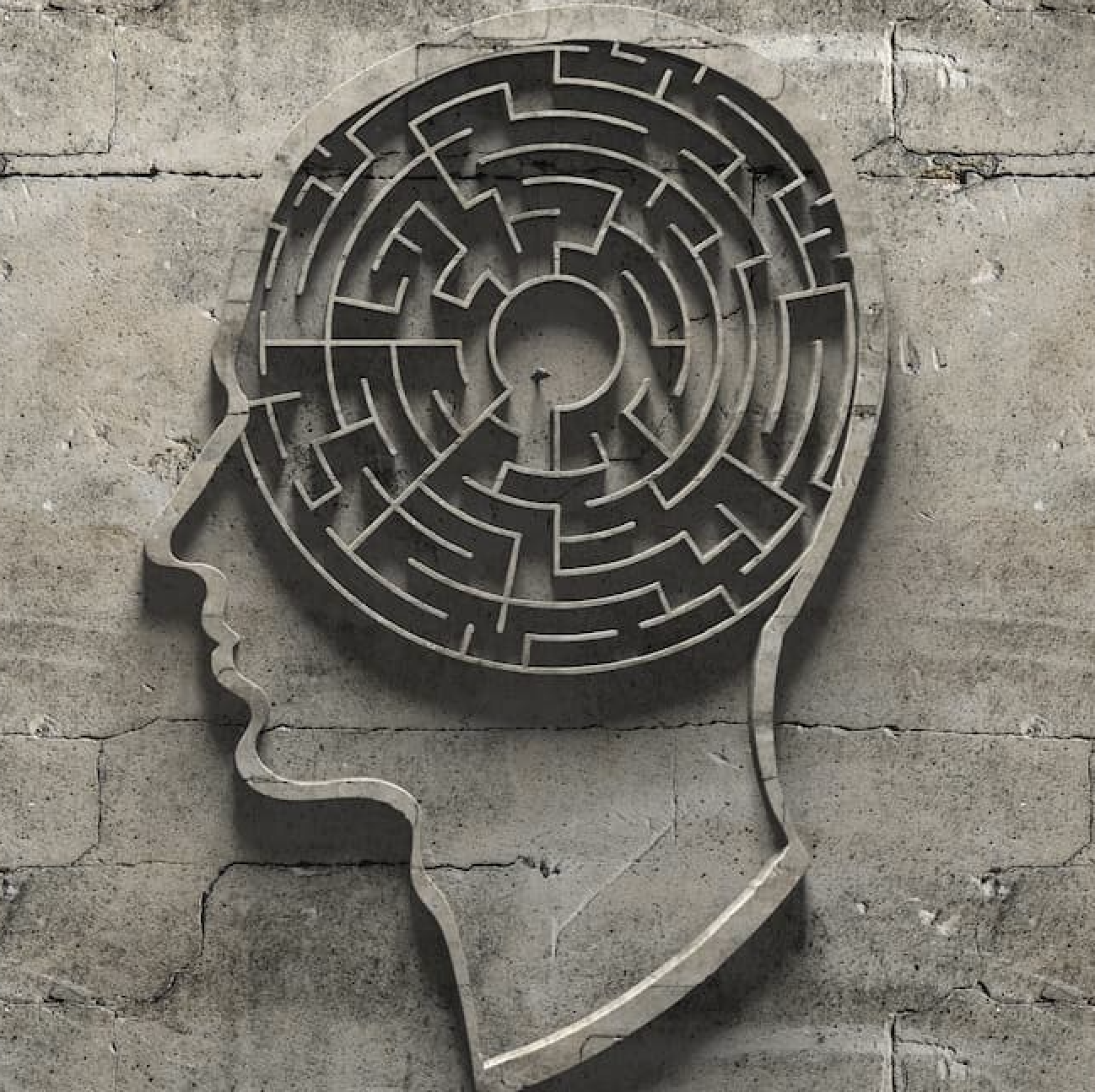
Schizophrenia, Stigma and Hope, with Richard Miller, M.D.
By
Lana Pine| Published on May 27, 2025
9 min read
Schizophrenia remains one of the most misunderstood mental health conditions in our culture, often clouded by stigma, misinformation and outdated perceptions. But according to Richard Miller, M.D., a staff psychiatrist at Elwyn Adult Behavioral Health in Rhode Island, there’s more hope — and more treatment options — than ever before. In this interview, Miller breaks down why stigma still exists, what early signs to look out for and why modern approaches like long-acting injectable medications (LAIs) are changing the landscape of care for people living with schizophrenia.
There’s still a lot of stigma and fear around schizophrenia — why do you think that is, and what do people often get wrong?
Richard Miller, M.D.: Unfortunately, there is still a good amount of stigma and fear pertaining to schizophrenia and mental health diagnoses as a whole, particularly with respect to treatment and the receipt of care. There are many reasons for this perception, ranging from how individuals with mental illness are portrayed in movies, to how they are depicted in news coverage. Recent events involving people alleged to have committed crimes who also have a mental illness, such as incidents involving members of the homeless population in New York City and subway-related crimes, can reinforce harmful stereotypes, whether the coverage is fair or not. In addition, there is often a perception that seeking help is a sign of weakness, particularly among certain groups like members of the military. I’ve seen this firsthand in my work with service members. As a result, these individuals often find themselves self-medicating with alcohol or some other substances and then facing more serious consequences as a result of their decision to self-medicate, such as legal matters and perhaps even involuntary separation from service. So, in summary, there is fear around schizophrenia and mental health treatment as a whole, not only because of how it is portrayed in society but also because, as a culture, we have in many ways been taught that seeking help shows weakness.
I think the most common thing that people get wrong is that there are some really good treatments out there for individuals with schizophrenia, from daily oral antipsychotic medications to LAI medications that only need to be given monthly, bimonthly, quarterly or now even twice per year! Furthermore, the way these injections are delivered has changed, so it’s often no longer as physically invasive. In addition, with consistent medication management and involvement in community-based programs such as Assertive Community Treatment (ACT), individuals with schizophrenia can live full and long lives, all while hopefully staying out of the hospital.
What are some early signs or symptoms of schizophrenia that people should be aware of?
RM: Individuals with schizophrenia are typically diagnosed between the ages of 18 and 24 and experience what is called a “first break,” in which they wind up being brought to an emergency room or are hospitalized for care and treatment (if not arrested prior to or becoming involved with the law, which unfortunately does often happen first). Symptoms can manifest differently for everyone, but they usually include hallucinations, odd thoughts, delusions and disorganized thinking. It’s not that these symptoms suddenly appear at age 18 — there is typically a period known as the prodromal phase, which can last for several years. During this time, concerning signs or symptoms may emerge, but individually they may not raise immediate concern or clearly indicate the development of schizophrenia. What happens is that these individuals often can experience an acute stressor, such as senior year of high school, going away to college or attending military boot camp, and the stress from any of those events then may lead to a psychotic break. Looking back, everything then makes a bit more sense in the context of a person’s eventual diagnosis, but in real time it may be harder to fully comprehend what is going on and for a variety of reasons (such as adolescence, experimentation with substances, etc.).
How important is it to tailor treatment for each person — and what have you seen work well in your practice?
RM: Tailoring treatment to the individual is vital; you need to be able to meet the patient and/or family where they are and go from there. While this is ideal, it is not always possible, such as if the patient is incarcerated or hospitalized — depending on the circumstances, the type of treatment(s) available may be under the supervision of the legal system. For example, a judge may only allow a patient to leave jail on a court order for outpatient care and to receive treatment. A judge, in partnership with a court-appointed health care provider, may recommend an LAI so that there can be assurance that medication has been administered and that the patient has the support they need in the community setting following discharge.
Alternatively, if one has the luxury to see an individual with schizophrenia in the office setting and with family, then a wide variety of medication options can be pursued and discussed. While oral medications are available, I like to talk to my patients about LAIs because I’ve found that they can support medication adherence, which means that the patient does not have to make a decision each day to take medication or not. To me, that is what I call reducing the burden of illness. Furthermore, I think that when patients are asked directly if they would prefer to take their medication once per month (or bimonthly, quarterly or every six months) instead of every day, the answer is often a resounding yes (as is supported by a variety of clinical surveys and studies). Clinically, we also know that emergency room visits and inpatient psychiatric hospital admissions are in large part related to the outcomes of medication nonadherence, so these are conversations that should be happening. As providers, we just have to take the extra few minutes to have that discussion while the patient is in front of us in the office setting, which unfortunately is not happening as often as it should.
What advice do you have for someone trying to support a loved one with schizophrenia?
RM: I would encourage that individual to never give up hope and to be as supportive as possible in terms of being active in their loved one’s care and treatment. I would also encourage that individual to be as supportive as one can be in terms of providing assistance in the community, such as with transportation to appointments or to care team meetings. Also, don’t ever stop asking if their loved one is “doing the best that they can be” — either to the loved one and/or to the treating psychiatrist/community provider. One should not have to settle for mediocrity in terms of treatment.
What gives you hope right now when it comes to how schizophrenia is treated or understood?
RM: What gives me hope is the numerous treatment options that are available to me to offer and provide to the individuals/families who I treat. I have seen the field of psychiatry grow exponentially over the past two decades in terms of medication formulations, delivery modalities and the actual technology that can be used to deliver these medications over extended periods of time. We are now also seeing particular psychotropic medications targeting a new and different class of receptors than has been previously focused on in terms of mechanism of action and demonstrating great efficacy. It has been simply amazing to witness and keeps improving each day.
What would you like more people to understand about schizophrenia?
RM: I think that it is vital to understand we are becoming aware of new treatment options and tools often, and treatment plans may be adjusted if these are deemed a good fit for the individual and that these are all tools to help improve the life of an individual with schizophrenia. Furthermore, our understanding of the physical disease process is also growing by leaps and bounds with each passing day via research and clinical trials. Schizophrenia, for many reasons, remains a very challenging illness to treat, but I would be remiss if I did not state that I firmly believe that I have more effective tools today to treat my patients living with schizophrenia than I did at the beginning of my career in medicine approximately 20 years ago.

